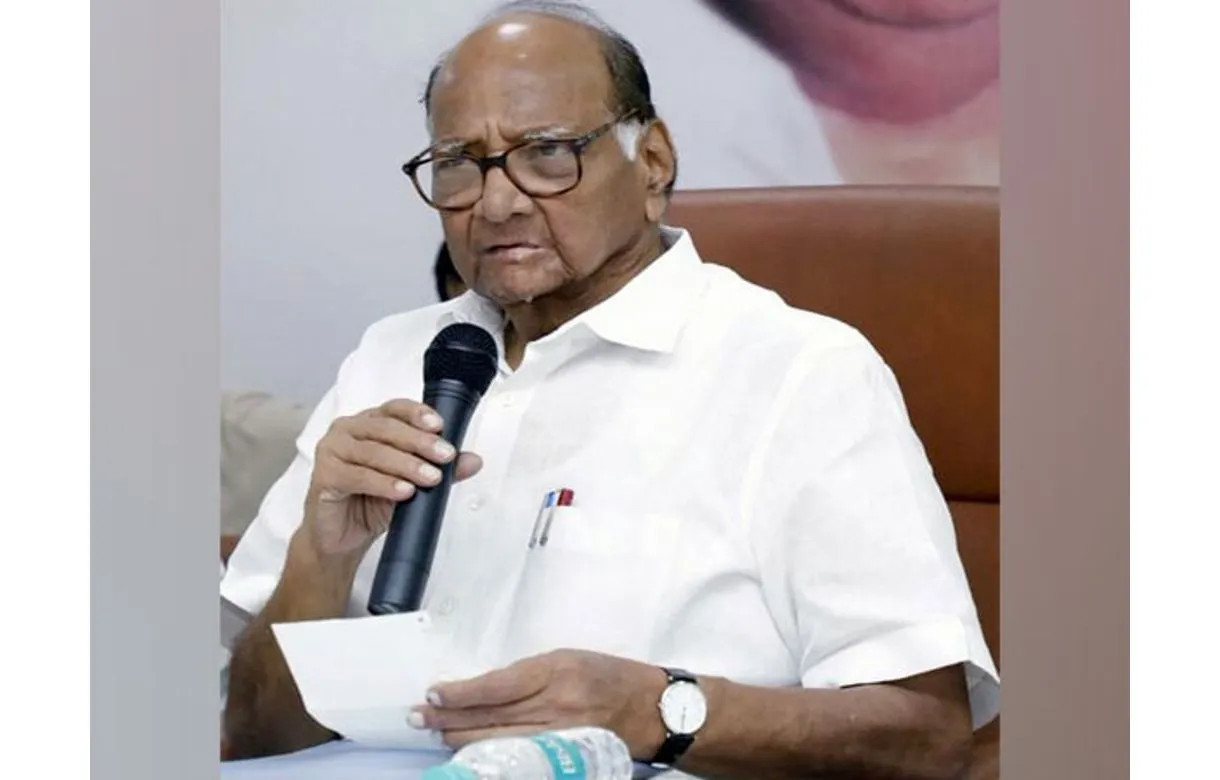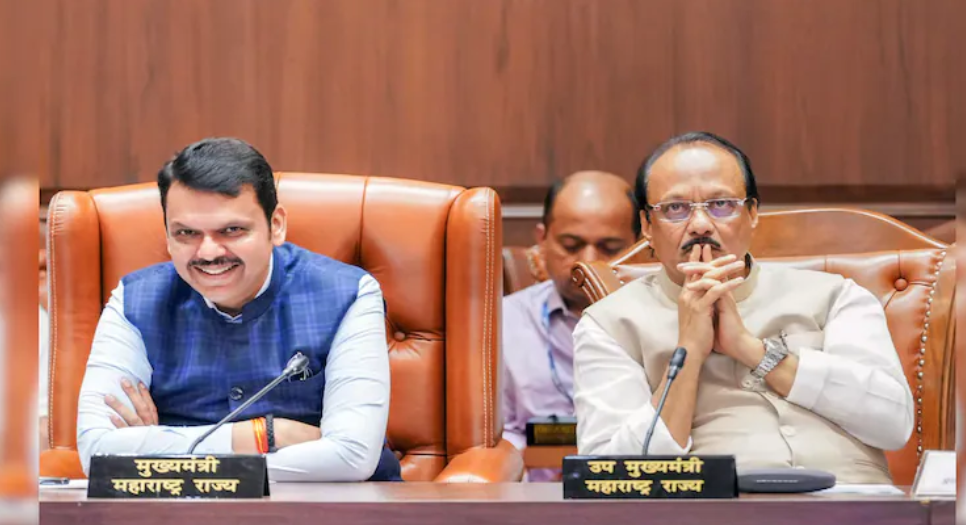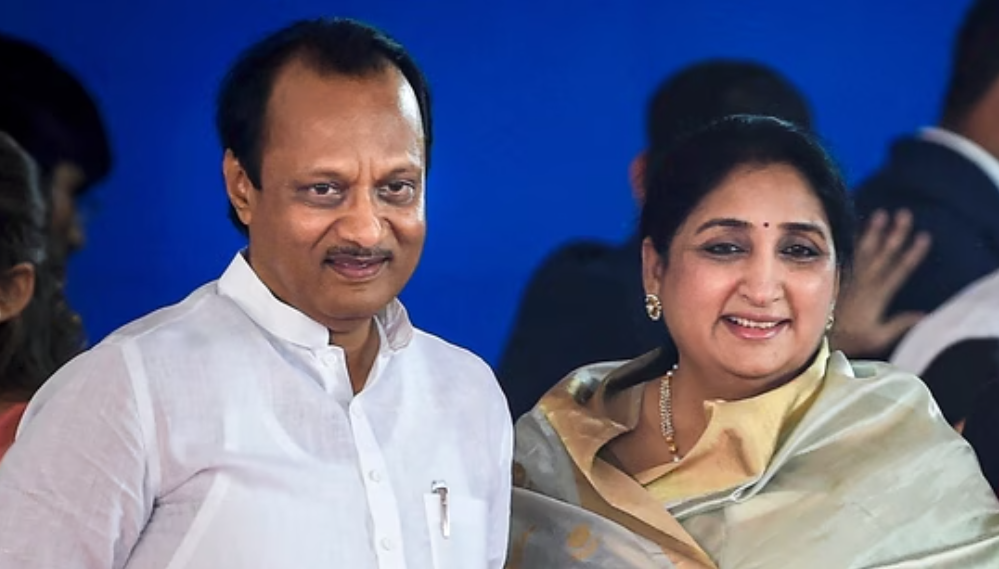Latest Politics News
Tamil Nadu Election 2021: Voting dates, poll schedule, timings, election results, all FAQs
April 6, 2021 will see the people of Tamil Nadu vote along with the residents of Kerala and Puducherry. This will be the 16th Assembly elections in Tamil Nadu. AIADMK’s Chief Minister Edappadi K.
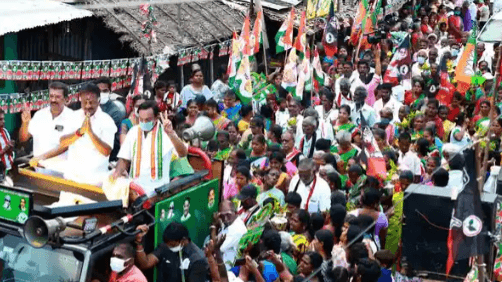
India News
Sharad Pawar reacts to Sunetra Pawar’s deputy chief minister appointment
Sharad Pawar clarifies that NCP did not inform the family before naming Sunetra Pawar as Maharashtra deputy chief minister.
India News
Fadnavis to personally oversee Maharashtra budget after Ajit Pawar’s death
Devendra Fadnavis says he will personally take charge of Maharashtra’s upcoming budget to ensure Ajit Pawar’s work and vision are carried forward.
India News
From shadows to spotlight: Sunetra Pawar prepares to step into Maharashtra power centre
Sunetra Pawar is set to step into Maharashtra’s power centre as deputy chief minister following the death of her husband Ajit Pawar.
-
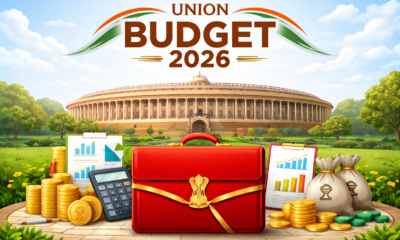
 India News4 hours ago
India News4 hours agoUnion Budget 2026 highlights: Nirmala Sitharaman Raises Capex to Rs 12.2 Lakh Cr, West Bengal Gets Major Allocation
-
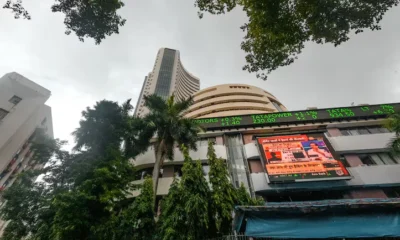
 India News20 hours ago
India News20 hours agoUnion Budget 2026: Why Budget announcements matter for stock market direction
-

 India News20 hours ago
India News20 hours agoWhy India’s Union Budget is now presented on February 1
-

 India News19 hours ago
India News19 hours agoUnion budget 2026 to be presented on Sunday with special trading session
-

 India News4 hours ago
India News4 hours agoNirmala Sitharaman to present ninth Union Budget with reforms in focus
-
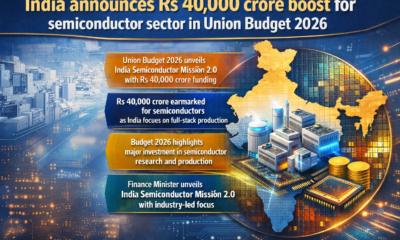
 India News3 hours ago
India News3 hours agoIndia announces Rs 40,000 crore boost for semiconductor sector in Union Budget 2026
-
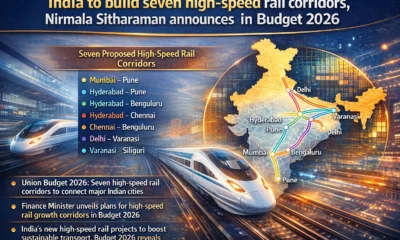
 India News2 hours ago
India News2 hours agoIndia to build seven high-speed rail corridors, Finance Minister announces

